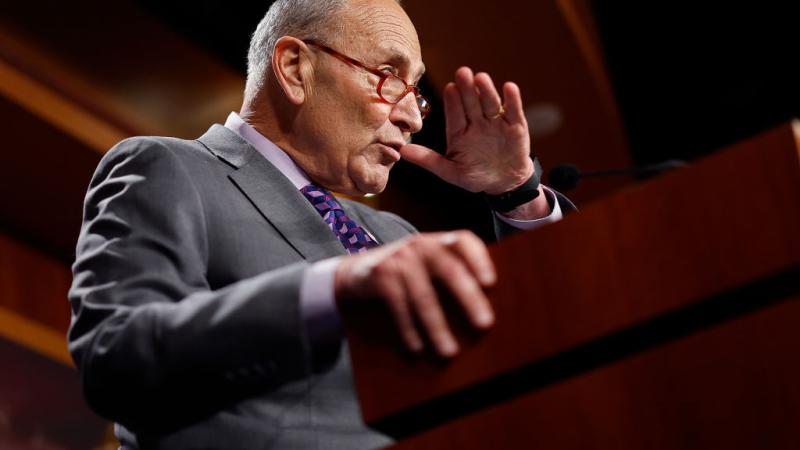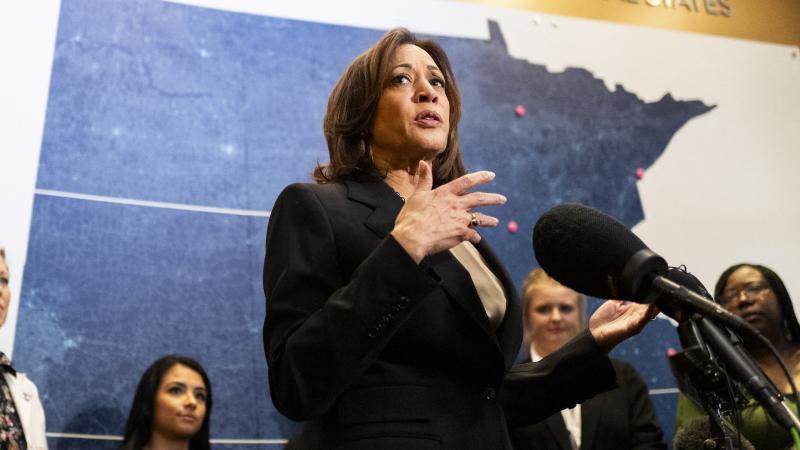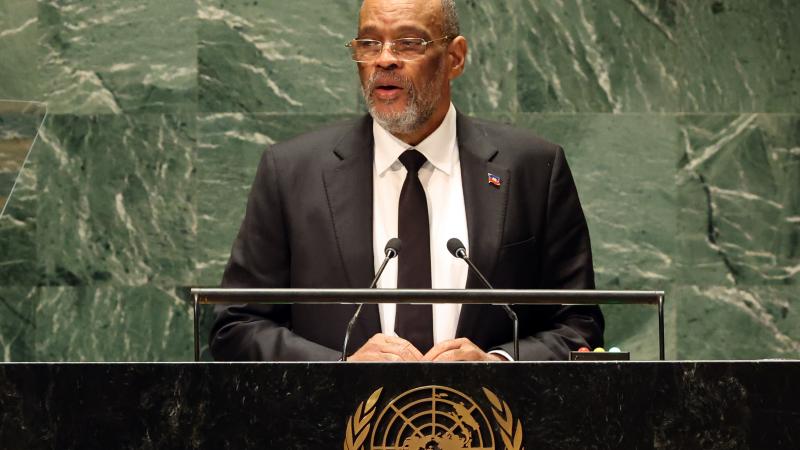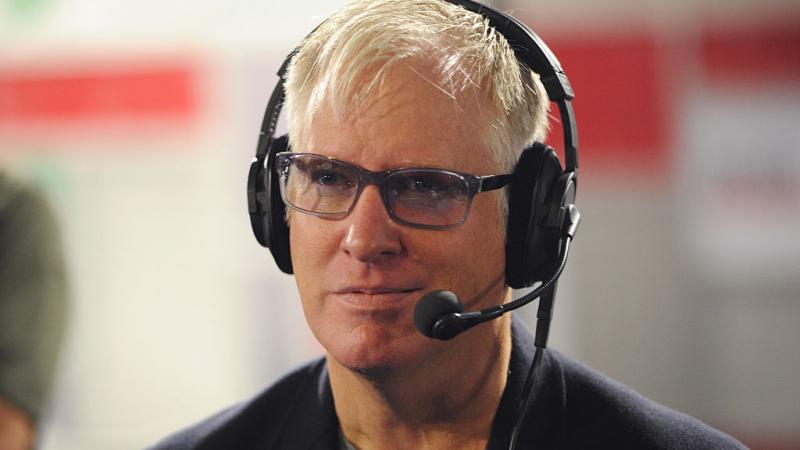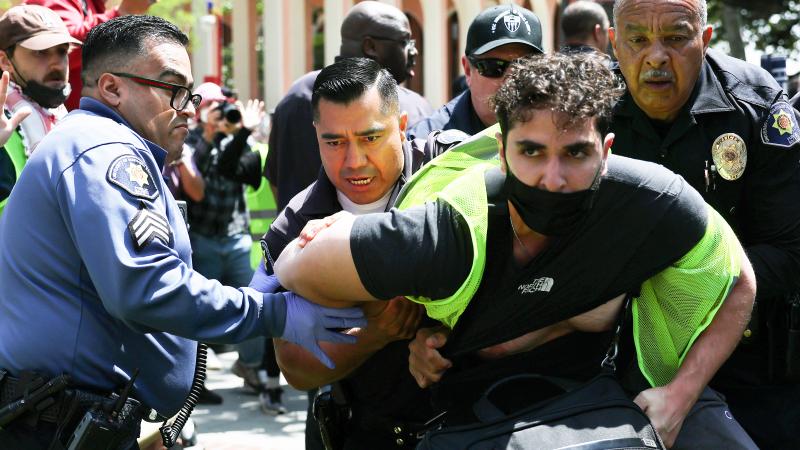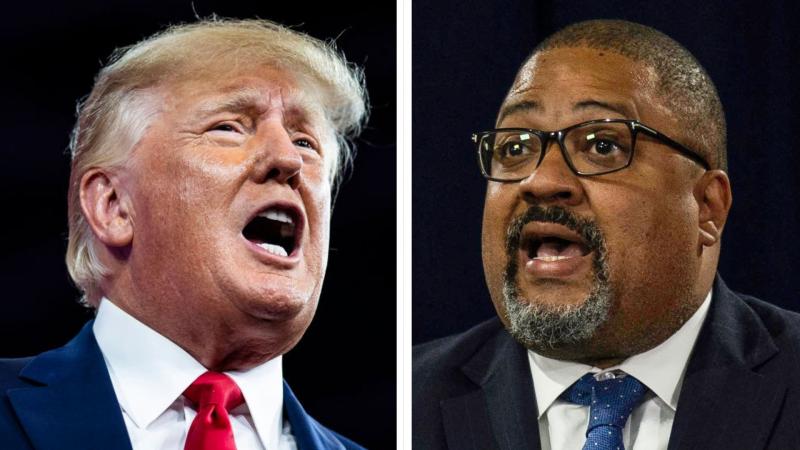Ex-intel chief sharply questions FBI's approach on Russian disinformation, warns on censorship
"I haven't seen any empirical data that these influence campaigns are really having some type of effect on Americans," Kevin Brock warns.
The FBI's first-ever intelligence chief is sharply questioning his former agency's approach to combating so-called Russian disinformation, warning the effort may exceed the actual threat while infringing on Americans' free speech.
"I struggle with the idea that the Russians are able to mount enough influence to impact our electorate," retired FBI Assistant Director for Intelligence Kevin Brock told the "Just the News, No Noise" television show.
"Their whole goal is to sow discord in this country, to divide us as a people, to create chaos," he said. "But a lot of the issues that they pick on, like racial tensions, Black Lives Matter, Second Amendment rights, abortion rights" are the same ones we are bombarded with "every night through cable television news" and are arguably "equally as divisive."
"I haven't seen any empirical data that these influence campaigns are really having some type of effect on Americans," Brock added. "And so I sometimes question the amount of effort that goes into or concern about all of this stuff and whether or not resources are being applied appropriately."
Brock's comments Friday night came after two bombshell revelations last week — one from Twitter owner Elon Musk and the other from a deposition of an FBI agent — exposed the toll the FBI's war on disinformation is taking on Americans' civil liberties.
Documents released by Musk via independent journalist Matt Taibbi showed Twitter met regularly with the FBI, Homeland Security and the Director of National Intelligence to discuss censorship and used its authority to fight Russian disinformation to target specific content for censorship, including posts from at least one American politician.
"Here, the FBI sends reports about a pair of tweets, the second of which involves a former Tippecanoe County, Indiana Councilor and Republican named @JohnBasham claiming 'Between 2% and 25% of Ballots by Mail are Being Rejected for Errors,'" Taibbi noted.
Separately, FBI Special Agent Elvin Chan testified in a civil deposition released last week by the attorneys general for Louisiana and Missouri that he set up a command post in San Francisco that routinely forwarded requests to the social media giants to censor content in the fall of 2020.
Chan acknowledged he himself did a podcast interview where he encouraged Americans to report election disinformation to the FBI or Justice Department and then described how complaints were processed, first with FBI analysts, then escalated to FBI and U.S. attorneys' field offices for further investigation, sent to headquarters for approval and then relayed to social media companies when headquarters approved.
"I believe that all these tips are reviewed by an intake analyst, either an FBI employee or an FBI contractor," he testified. "And then I believe they have certain levels of predication where they would keep sending it higher — higher up the chain."
After these layers of vetting, "by the time it's reached us, there's already been what I will characterize as an FBI headquarter stamp of approval," Chan said.
Asked how frequently his unit succeeded in getting posts blocked, Chan testified: "I would not say it was 100 percent success rate. If I had to characterize it, I would say it was like a 50 percent success rate. But that's just from my recollection."
Brock — named the bureau's first intelligence coordination chief by then-Director Robert Mueller in the aftermath of the Sept. 11 terror attacks — told Just the News that the FBI has a legisitimate mission fighting foreign disinformation if it can directly trace posts to Russian or other foreign intelligence operatives.
"The FBI has a counterintelligence mission to highlight Russian, Chinese, Iranian influence operations within the United States," he said. "Russia, in particular, is very aggressive with this. In years gone by, they had problems getting their propaganda out. Now with social media, it's easy to do. And so the FBI does have a responsibility to alert the steps that the Russians are taking to create fake Facebook posts and pages and undue influence operations inside this country. So that's all legitimate."
But the bureau is on shakier ground, Brock argues, when it goes beyond alerting social media firms and begins requesting content be taken down, especially content that originates with Americans. He noted the Twitter files released Friday night, for instance, made no claim that the Indiana politician was acting at the behest of Russia or a foreign power.
With a "subtle shift" in 2020, the FBI became, "if not directive, a little bit more suggestive about how they could take down certain of these sites all within the context of Russian disinformation and Russian influence," Brock said.
Noting that "some of that information that was taken down included American input into social media retweets that the Russians would retweet," Brock said the bureau was effectively "getting caught up in having speech squashed — not intentionally, but that's kind of the effect."
Brock said the concerns about the FBI targeting Americans are exacerbated by claims from Facebook that the bureau pressured that platform to censor the Hunter Biden laptop story in October 2020. Chan testified he did not have a role in that request.
Brock said the Hunter Biden laptop had nothing to do with Russian disinformation, and many Americans now believe the effort to quash that story was a "U.S. intelligence community disinformation operation." Such perceptions have eroded overall trust in the FBI, he warned.
"There are indicators that are disturbing to a lot of Americans that the FBI is still participating a little too closely with a political Department of Justice agenda against conservative speech and conservative issues in this country," Brock warned. "That's a perception the bureau has to acknowledge and they have to come to grips with because the country will not will not trust an FBI that they believe is not impartial."


